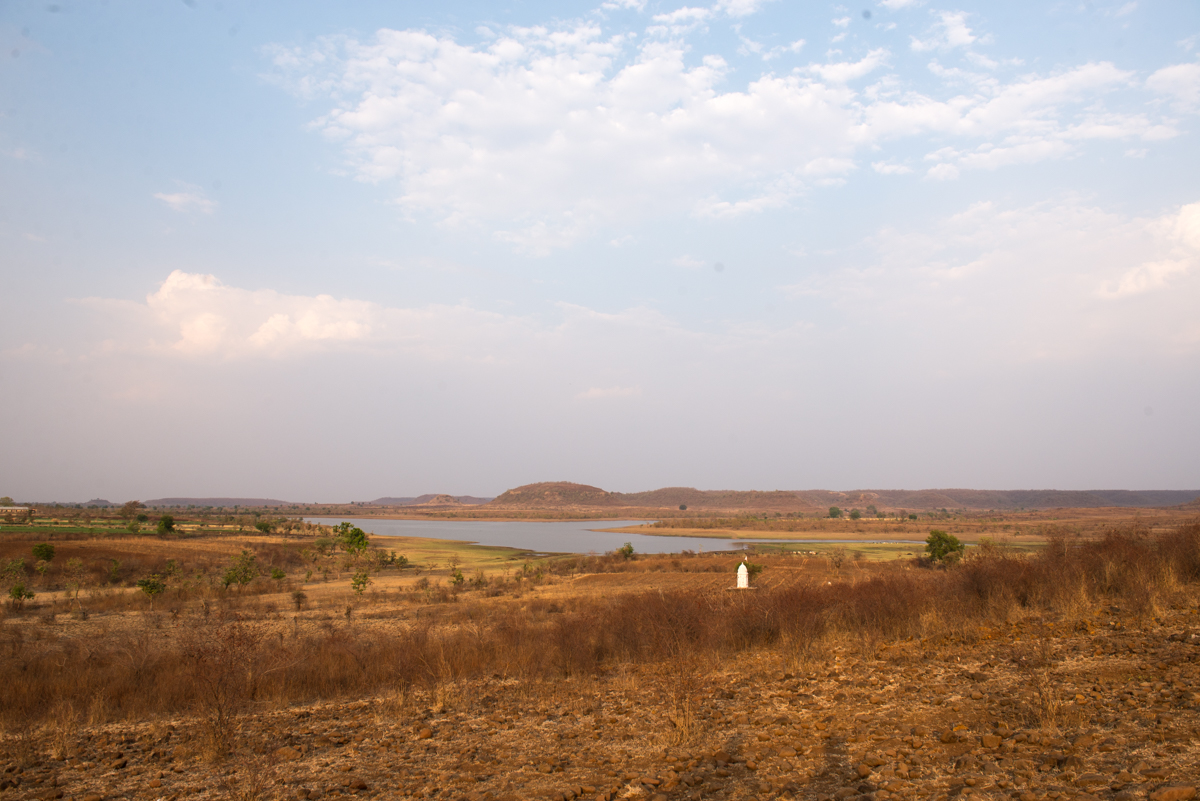World Vision adds food, cash-for-work programmes and veterinarians to India drought response
Chennai, India - Around 330 million people - 25% of India’s total population - have been hit by a severe drought caused by an extended heatwave. The acute water shortage is taking such a toll on the well-being of children and their communities that it has resulted in major migration, water-borne diseases, spiraling debt and suicide.
The failure of multiple harvests, caused by the lack of water, and increased food prices has resulted in families having to cut their intake of food to potatoes, rice or wheat with salt. Lentils, a source of essential protein, have become unaffordable.
Global charity goes beyond water delivery to address major drought affecting a quarter of Indians.
The failed crops have also led to rising debts among farmers. This has led to hundreds of them taking their own lives. According to government records, in the three months since January, 216 farmers in the Marathwada region alone - just 400km from India’s financial capital, Mumbai - killed themselves.
The drought has also affected education shutting some schools and forcing some children to drop out of school as families are unable to pay tuition fees or have to migrate in search of work.
World Vision’s response
In response to this crisis, World Vision is building on its significant water, sanitation and hygiene (WASH) programming by strengthening the coping abilities of the vulnerable poor, especially small-scale farmers.
The international aid agency has already been providing access to water through construction of water tanks, check dams and pumps, as well as helping them implement crop diversification initiatives for farming over the past years, through its regular, long-term development programming.
But, in the coming months, the organisation is working to strengthen the coping mechanism of people in the hardest hit areas by providing food kits, building up its cash-for-work programmes, as well as supplying food, water and access to veterinarians to protect the health of livestock.
“World Vision’s years of experience tells us that an holistic approach to this kind of crisis is vital,” explained Kunal Shah, the organisation’s Director of Disaster Management in India. “This is why our response includes providing water, sanitation and hygiene solutions; food delivery; cash for work to support livelihoods and even helping people protect their assets such as livestock. We are also working alongside communities to prepare them for the coming monsoon season.”
World Vision is also working closely with local governments and SPHERE India and the Inter Agency groups for a joint effort in responding to the drought situation.
For more information contact Theodore Sam at theodore_sam (at) wvi.org
Spread across 174 districts in India, World Vision works through long-term sustainable community development programmes and immediate disaster relief assistance. https://www.worldvision.in/reliefresponse/

